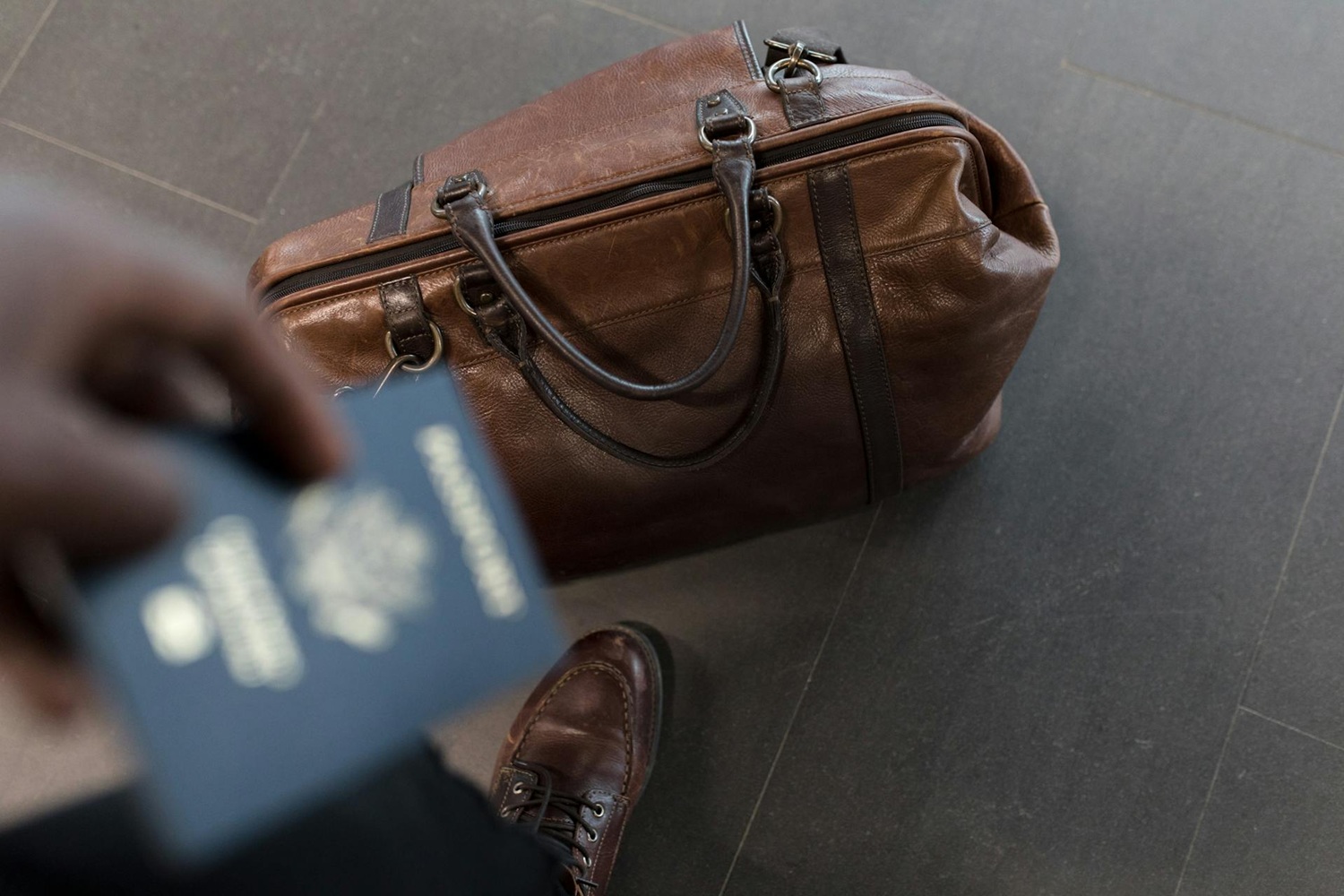The UK’s Points Based System (PBS) allows people in certain work, study or other routes to bring family members with them under dependent visas. As visa rules tighten, understanding how the PBS Dependent (or “PBS Dependant”) visa works and who qualifies is more important than ever.
Recent proposals to change settlement rules are raising key questions:
- How will dependants be assessed under stricter criteria?
- Will they need to qualify on their own or remain tied to the main applicant?
In this guide, we explore what a PBS Dependent visa is, who is eligible, rights and limitations, how to apply and how future rule changes might impact dependants.
What is a PBS Dependent Visa?
A PBS Dependent visa (often termed Family Member of a PBS Migrant) allows certain family members of someone holding or applying for a qualifying PBS visa to live in the UK alongside the primary visa holder.
The dependent visa is typically granted for the same duration as the main visa and carries many of the same rights, such as the ability to work and study, subject to restrictions.
However, dependants don’t always have access to public funds such as benefits or social housing under most PBS rules.
Who can apply as a dependent?
Eligibility is limited to specific relationships with the main applicant. Common dependants include:
- A spouse or civil partner
- An unmarried partner (usually requires evidence of cohabitation for at least two years)
- Children under 18 (and in some cases children over 18 who remain dependants)
dependants must demonstrate a genuine and subsisting relationship and meet proof of relationship requirements, such as marriage certificates, birth certificates or joint living evidence.
dependants are only eligible if the main applicant’s visa route permits dependants. If the route does not allow family members, you can’t apply.
Important recent change to watch
From 22 July 2025, new rules restrict which roles can bring dependants. Those in medium skilled roles (RQF level 3 to 5) on the Immigration Salary List or Shortage Occupation List may no longer be allowed to bring dependants. Existing dependants are not affected.
Rights and limitations
Once granted, PBS dependants enjoy several rights:
- They can work full time or part time without needing separate sponsorship in most occupations.
- They can study full time or part time.
- They can leave and re-enter the UK while their visa is valid.
- They may extend their stay or apply for Indefinite Leave to Remain (ILR) when eligible, aligned with the main applicant’s eligibility.
However, there are important limitations:
- dependants usually cannot access most public funds such as benefits or welfare support under PBS rules.
- They cannot work as a professional sportsperson or coach under many dependent visas.
- Their visa is heavily reliant on the main applicant’s status. If the sponsor loses their visa or leaves the UK, dependants may also lose their rights.
How to apply
dependants can apply either:
- At the same time as the main applicant
- Separately to join them later
The application will require:
- Proof of identity
- Evidence of the relationship (marriage, cohabitation, birth certificates)
- Proof of financial support or maintenance funds (unless the sponsor certifies maintenance)
- Evidence of suitable accommodation
- Demonstration that you intend to live together in the UK
The visa is granted for the same period as the main applicant’s visa and extensions are usually aligned. After meeting the qualifying residence period (five years under current rules), dependants may apply for ILR if eligible and if the rules allow.
How new settlement rule proposals may affect dependants
Under the government’s proposed changes, settlement periods may double from five to ten years and new additional tests may be introduced, such as English language levels, National Insurance contributions, volunteering and no reliance on public funds.
One key question is whether dependants will have to meet these new criteria independently or remain “tethered” to the main applicant’s performance.
If dependants must qualify separately, many of the benefits currently enjoyed could face stricter conditions. This change would increase risks for families relying on dependent status for stability.
When a dependent visa might be refused or refused extension
Applications may be refused or extensions denied if:
- The relationship is not proven as genuine
- Maintenance funds or accommodation requirements are not met
- The main applicant’s visa route is not eligible to bring dependants or that route becomes disallowed
- Public funds were accessed unlawfully
- The main visa holder’s status lapses or is curtailed
If refused, there may be rights of appeal or administrative review, depending on circumstances.
Summary and advice
The PBS Dependent visa is a vital route for families to stay together in the UK under the points-based system. dependants enjoy rights to work, study and live alongside the main applicant but their visa is deeply tied to the sponsor’s status.
With settlement rule changes on the horizon, much is uncertain about the future rights of dependants. If you are considering applying or extending a dependent visa, legal advice is more important than ever.
Please note that this article is solely for informational purposes. It’s not a substitute for legal advice. We encourage readers to contact Osbourne Pinner for case-specific guidance.
If you need personalised advice, we offer a free 30-minute consultation at our offices or remotely. We have offices in Harrow, Canary Wharf, Piccadilly Circus and Manchester or you can speak to us on a video call. Arrange your consultation by calling 0203 983 5080, emailing [email protected] or filling out the form below.




